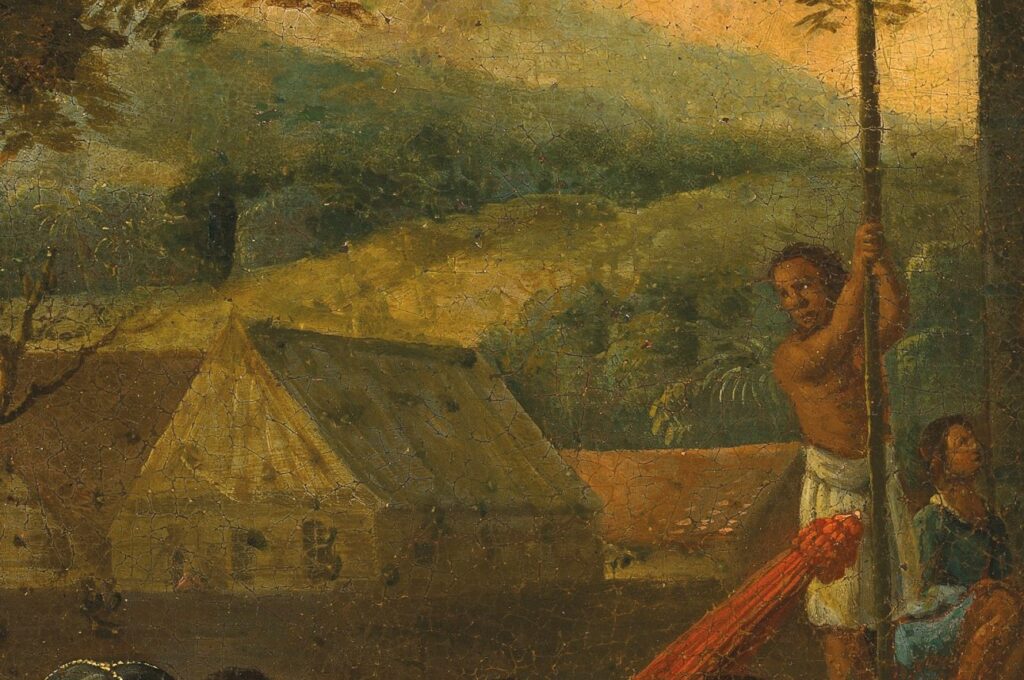The Early Modern Dutch Colonial Court Records database contains an index on the criminal and some civil court records of the major Dutch early modern overseas settlements. The database allows to search these court records on defendants, charges, places and other information.
The court records from the early modern Dutch colonial empire are a unique source and have been preserved quite well, especially for the eighteenth century. The records show a large degree of uniformity across the colonies in Asia and the Atlantic, and have for most places been preserved in ‘files’ with documents that relate to a specific court case.

Early Modern Dutch Colonial Court Records, 1637-1828
These court case files mostly contain accusations, interrogations, (voluntary) declarations, sometimes complemented with other documents, such as surgeon reports, letters or administrative records. The sentences were not systematically preserved in these files (with variations per settlement). The colonial court records thus provide crucial insight not only into the legal and punitive regimes of Dutch colonialism, but also contain rich and detailed information on everyday situations.
Especially the interrogations and declarations give access to the voices of a wide range of individuals living, working and travelling in and around different parts of the early modern Dutch colonial empire, from enslaved individuals to company personnel, and from local inhabitants of colonial settlements to soldiers and sailors, from innkeepsters to merchants. The database covers Batavia (Jakarta), Colombo, Cochin (Kochi), Kaapstad (Capetown), Elmina, Paramaribo and Curaçao.
The dataset was created as part of the project Resilient Diversity: the Governance of Racial and Religious Plurality in the Dutch Empire, 1600-1800, coordinated by Catia Antunes, Ulbe Bosma, Karwan Fatah-Black and Matthias van Rossum, and hosted at the Leiden University and International Institute of Social History (2017-2022). The project was funded by the Dutch Research Council (NWO). Data for Cochin, Surinam and Cape Town was added by external projects and collaborators.
The searchable database can be found at https://courtcases.exploringslavetradeinasia.com/. Thanks to Pascal Konings for creating the website.
The dataset is available in full open access at IISH Dataverse, via https://datasets.iisg.amsterdam/dataverse/resilient-diversity.